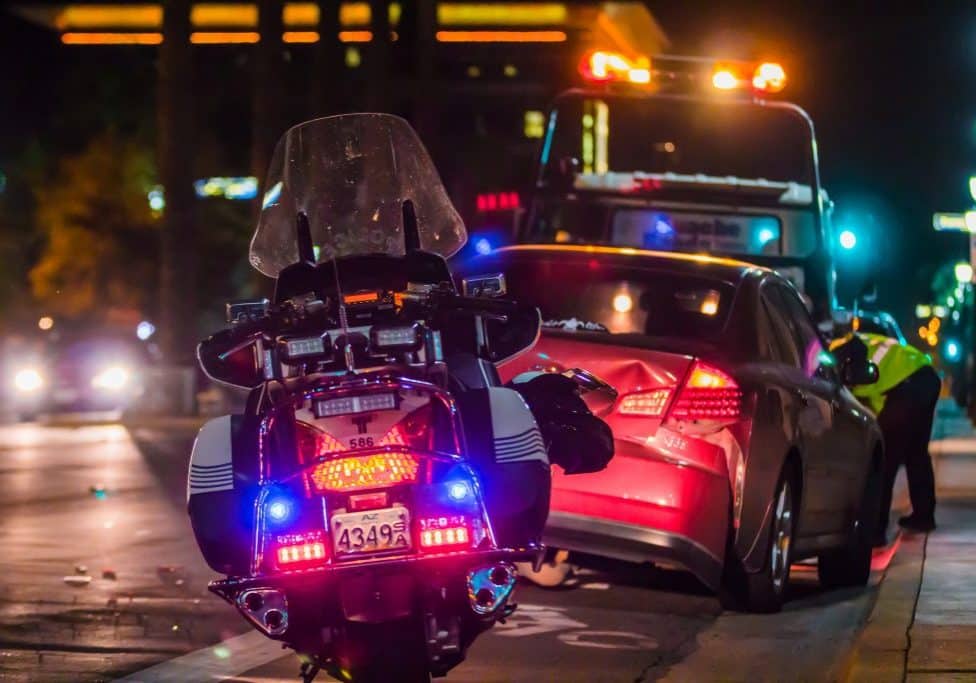Driving is a potentially dangerous activity, no matter where you’re driving or what car you happen to be in. Driving around trucks can be extra dangerous, as the larger vehicles can cause more damage to you and your car than other kinds of accidents. A truck accident attorney can help you get the compensation you deserve, but there’s a lot you’ll need to do before you’re at the point where you can contact one. Follow these four tips after you’ve been in a truck accident to help make the process smoother.
Pull Over and Call Local Police
As soon as the accident occurs, you should pull over, as long as your car is able to move. If anyone was injured in the accident, call 911 immediately. Otherwise, call your local police station or highway patrol for assistance. It’s important to contact the police as soon as possible, even if the accident was minor.
Police on the scene will help provide documentation of the accident and can more accurately make sense of the different details, putting together what happened during the accident. Panic, adrenaline, and injury can cause distorted memories, and what you remember happening may not be accurate. A police officer can provide an outsider’s perspective.
Police can also track down the truck involved in the accident if they try to leave the scene. Most trucks are difficult to identify and can easily ‘get away with’ smaller accidents by not pulling over. If you were hit by a truck, and they don’t stop, gather as much visual information as you can, pull over, and then call local police. They’ll be able to dispatch an officer to try and find the truck and pull them over. If you keep driving, you’ll most likely lose the truck and lose credibility with your insurance company for not instantly reporting the accident.
Maintain Proper Documentation
After any kind of accident, it’s important to keep an organized file of all documentation. If you are physically able, be sure to get pictures of the damage at the scene. Also, write down any information about the truck, the truck driver, and the company the driver works for. Getting the name, number, and badge number of the officer assigned to the accident is helpful for insurance purposes.
You may need to provide a variety of documents to help support your claim at any step along the way. An attorney can help you keep all these organized, but they can only help if you get the necessary information. Keep all papers related to the accident, including any receipts from your car repair and medical appointments or witness statements. Every piece helps you with your claim.
Get a Medical Evaluation
Even if you don’t feel hurt after an accident, you and everyone involved should get a medical evaluation. Adrenaline is your body’s way of keeping you going when it senses danger. It can mask slight injuries, like whiplash. You may not feel any pain for a few hours to a few days after being in an accident. It’s important to seek out a doctor or nurse for an evaluation as soon as possible.
If a doctor can link a physical ailment to the accident, you may be entitled to medical compensation from the insurance company, no matter who was at fault for the accident. Just remember to keep all documents together, and ask your doctor for an official note regarding their findings. Insurance companies will try to disprove your injuries were related. Having the word of a medical professional on your side will help your case.

Speak with a Lawyer Before an Insurance Adjuster
An insurance agent is not on your side. An adjuster will often call you within 24 hours of your accident, claiming to be ‘checking in’ on you. It’s important not to say anything specific to them and tell them you’re working with an attorney who will contact them soon. The adjuster may care about you on a basic human level, but in their job they are trained to save the company money.
Anything you say to an insurance agent over the phone is possible ammunition to deny your claim. If you tell them you feel fine and there were no injuries but later find out you have sustained damage, they can use your statements to deny you coverage. It’s critical that you find a truck accident attorney before you get involved with opening an insurance claim. Your attorney will be the point of contact with them, keeping you and your claim safe.
Insurance adjusters can also use anything you post on social media against you. Try to refrain from posting about the accident, particularly any information about how you feel after it or what you think happened/who was at fault. An attorney can help protect you from face-to-face conversations, but once something is posted online, it’s out in the world for good. Keeping to yourself while insurance processes your claim is key.
Call a Truck Accident Attorney Today
Being in an accident can certainly cause a lot of fear and anxiety, but you don’t have to go it alone. Hiring an attorney after a truck accident is the wisest decision you can make. Your attorney will help you keep your documentation in check, gather all information you’ll need, and deal with the insurance company so you don’t have to. With an attorney on your side, you’ll be ready to face what comes next.
If you or someone you know was recently involved in a truck accident in the Macon, GA area, call Reynolds, Horne & Survant today at (478) 217-2582. We’ll help you get the compensation you deserve.






